The global food system faces growing risks as modern farming practices undermine the resilience of the world’s soils, according to new research.
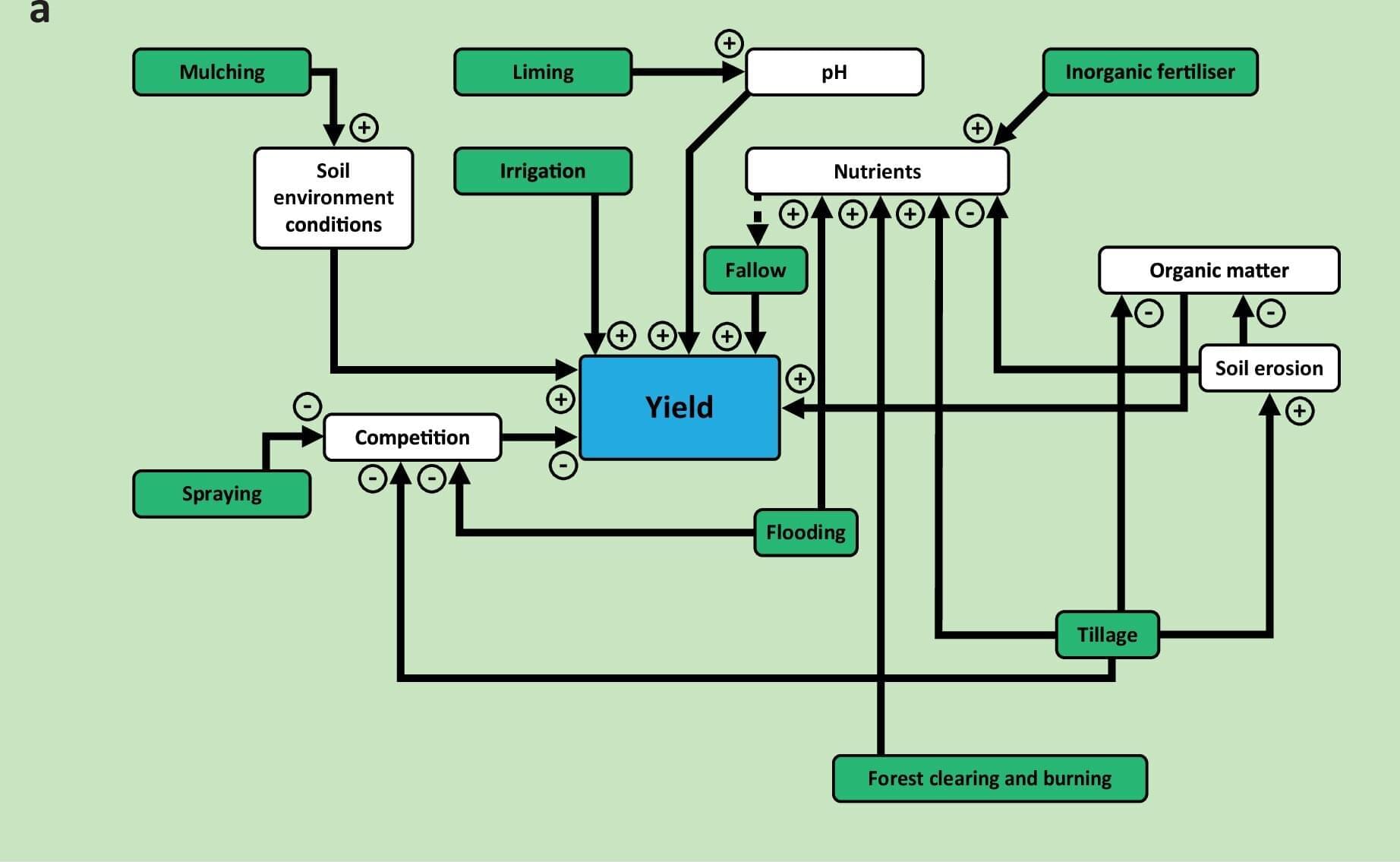

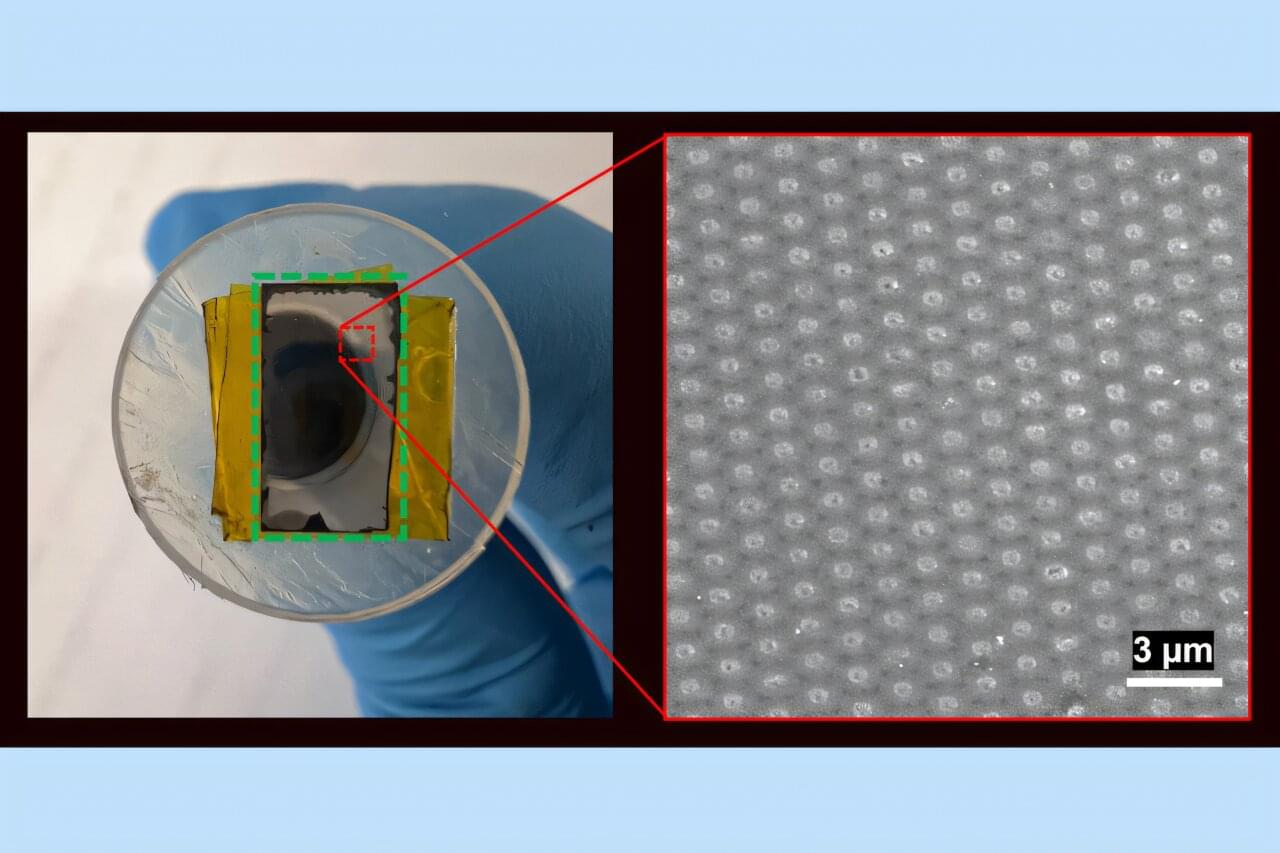
Palladium is one of the keys to jump-starting a hydrogen-based energy economy. The silvery metal is a natural gatekeeper against every gas except hydrogen, which it readily lets through. For its exceptional selectivity, palladium is considered one of the most effective materials at filtering gas mixtures to produce pure hydrogen.
Today, palladium-based membranes are used at commercial scale to provide pure hydrogen for semiconductor manufacturing, food processing, and fertilizer production, among other applications in which the membranes operate at modest temperatures. If palladium membranes get much hotter than around 800 Kelvin, they can break down.
Now, MIT engineers have developed a new palladium membrane that remains resilient at much higher temperatures. Rather than being made as a continuous film, as most membranes are, the new design is made from palladium that is deposited as “plugs” into the pores of an underlying supporting material. At high temperatures, the snug-fitting plugs remain stable and continue separating out hydrogen, rather than degrading as a surface film would.
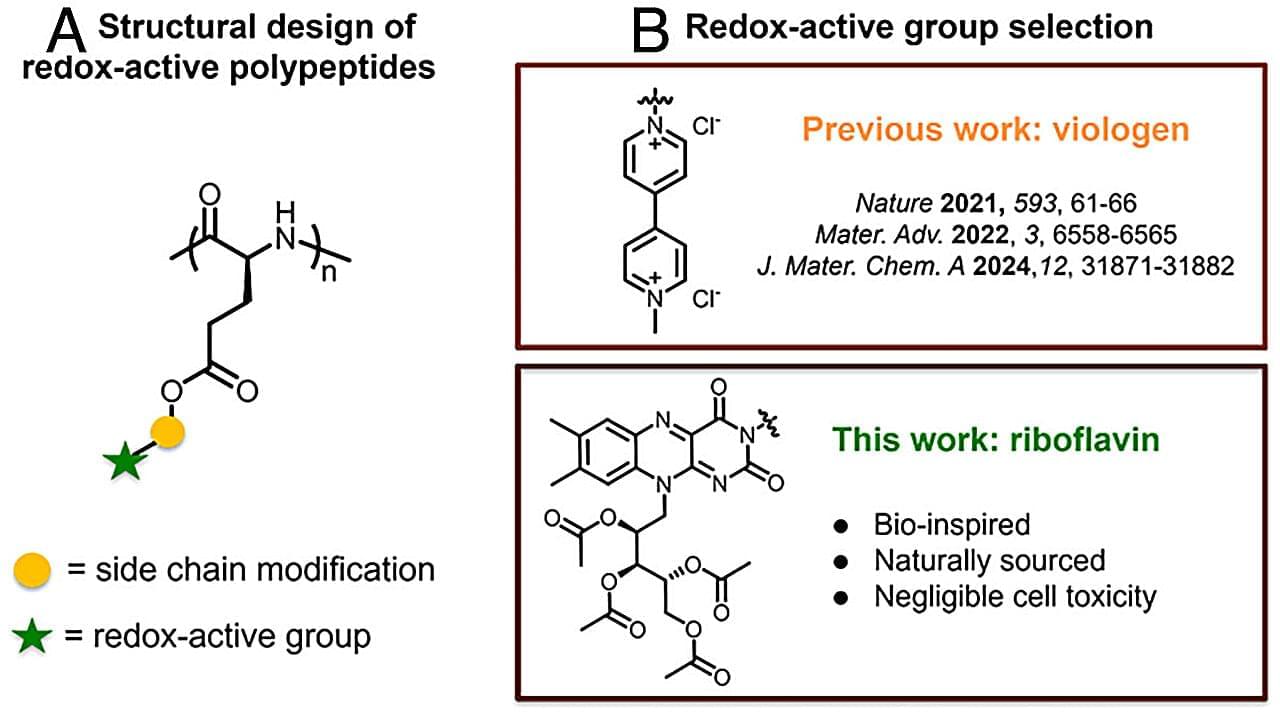
What if the next battery you buy was made from the same kinds of ingredients found in your body? That’s the idea behind a breakthrough battery material made from natural, biodegradable components. It’s so natural, it could even be consumed as food.
A team of researchers at Texas A&M University, including Distinguished Professor of Chemistry Dr. Karen Wooley and Professor of Chemical Engineering Dr. Jodie Lutkenhaus, has developed a biodegradable battery using natural polymers. The findings are published in the Proceedings of the National Academy of Sciences.
Wooley’s research group in the College of Arts and Sciences has spent the past 15 years shifting toward natural products for the construction of sustainable and degradable plastics materials. Lutkenhaus, associate dean for research in the College of Engineering, has been using organic materials to design a better battery. She suggested collaboration to combine Wooley’s naturally sourced polymers with her battery expertise.
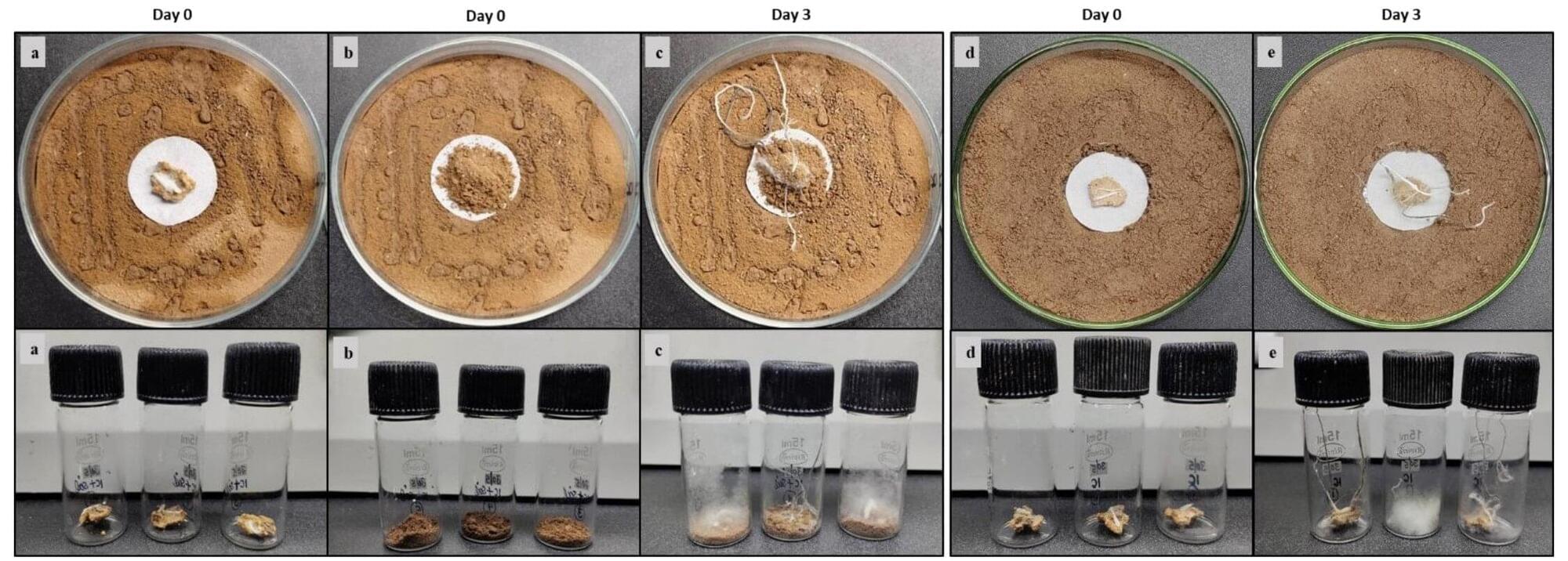
Some species of termites are known to cultivate their own crops of fungus within their nests, similar to the way humans maintain farms to feed people. One such species is Odontotermes obesus, which cultivates the fungus Termitomyces. The relationship between these termites and the fungus can be thought of as a sort of symbiotic one. In this case, Termitomyces feeds the termites, and the termites protect the fungus from an invasive “weed-like” fungus called Pseudoxylaria can quickly overrun Termitomyces if left to its own devices.
A new study, published in Science, sheds some light on the methods these insects use to protect their crops, which was previously unclear. The research team investigated these methods through a series of experiments in which Pseudoxylaria was introduced into the termite’s crop of Termitomyces combs.
In the first part of the experiment, only a small amount of weed fungus was placed on a comb, and the termites’ responses were observed and compared to the response to an uninfected comb. Then, a highly infected comb was introduced next to a healthy comb, and termite responses were observed. Finally, the team attached a healthy comb to an infected comb to find out how the termites responded. Then, the soil boluses, which were used by the termites to cover certain pieces of comb, were analyzed for microbial content and fungistatic properties using sequencing and inhibition assays.
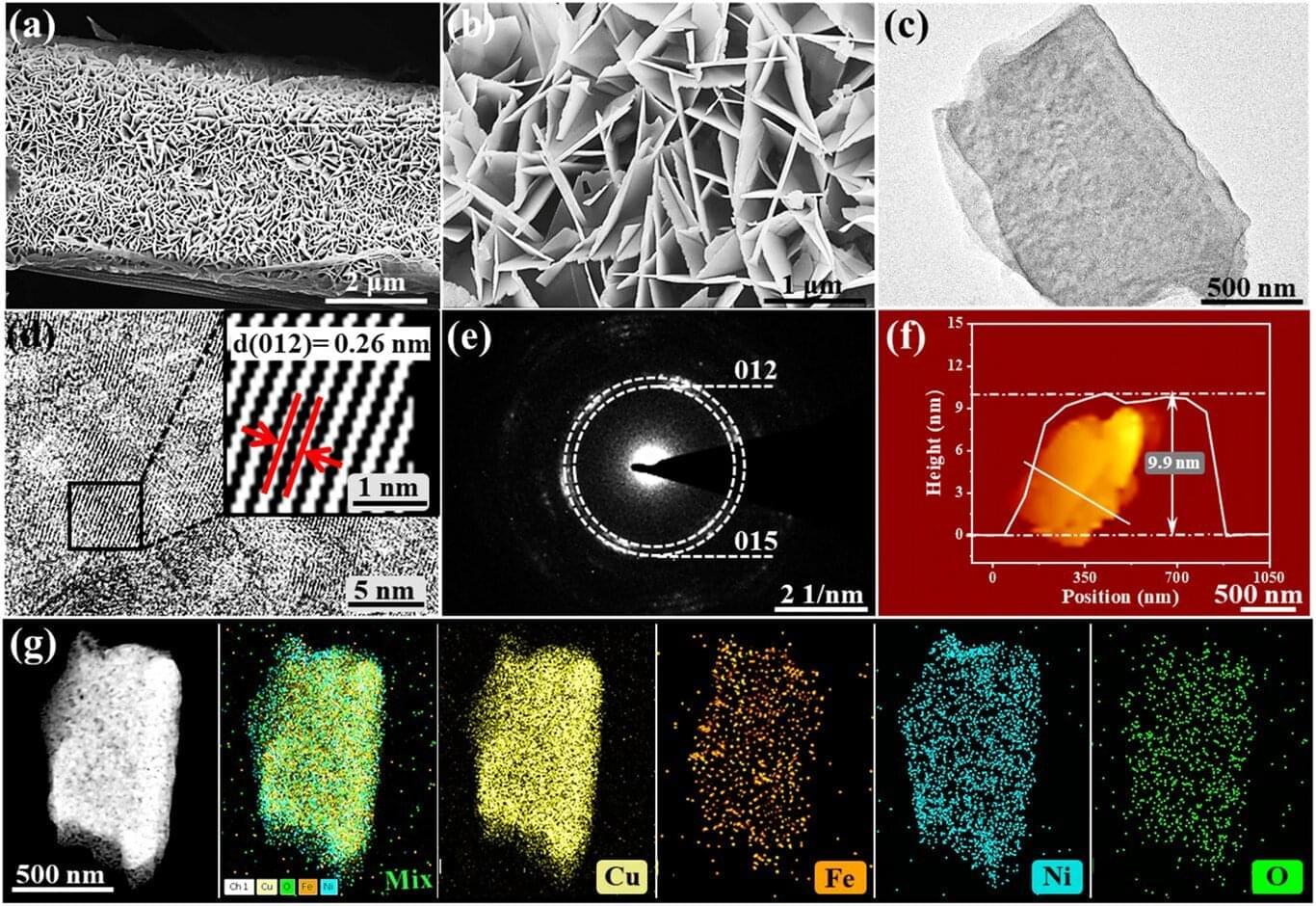
When the current method for producing something is estimated to consume a staggering 1–2% of the annual global energy supply, it means we need to make a change. The Haber-Bosch process produces ample amounts of ammonia (NH3)—a valuable chemical compound that has a wide array of uses in fields such as agriculture, technology, and pharmaceuticals—while consuming a lot of energy.
A research team at Tohoku University has made a significant contribution to an alternate method for converting harmful nitrate pollutants in water into ammonia, addressing both environmental and energy challenges.
Their findings are published in Advanced Functional Materials.
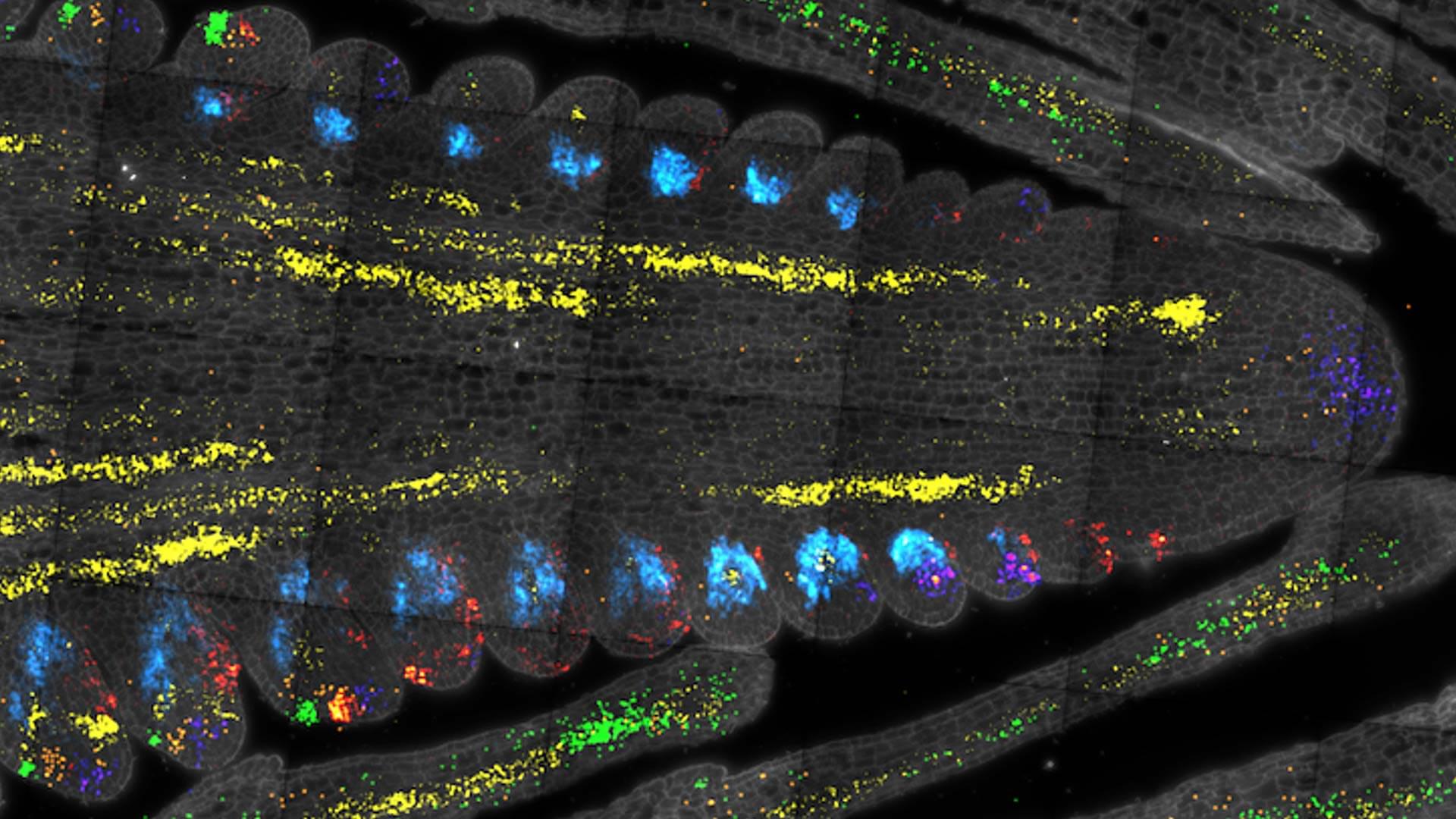
Plant scientists discovered hidden stem cell regulators tied to growth and crop size. Their breakthrough could transform how we grow food, fuel, and resilient harvests.
Plant stem cells play a vital role in producing the world’s food, livestock feed, and renewable fuels. They are the foundation of plant growth, yet many aspects of how they work remain a mystery. Past studies have struggled to identify several of the key genes that govern stem cell activity.
Mapping the genetic regulators of growth.
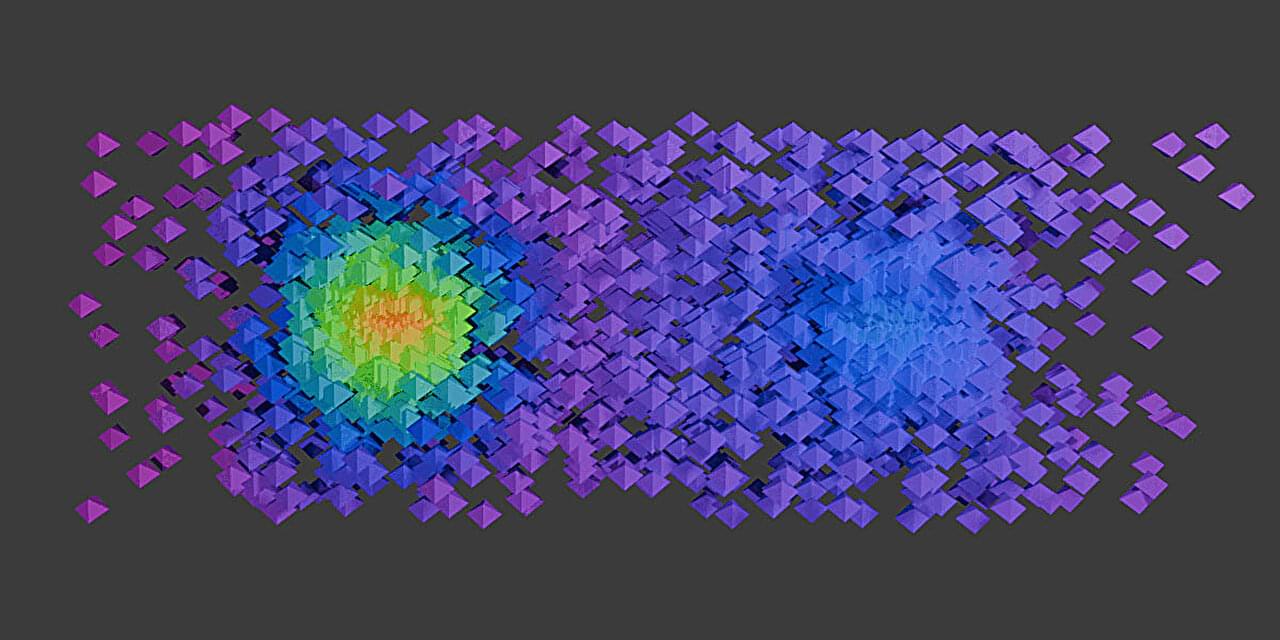
A new trick for modeling molecules with quantum accuracy takes a step toward revealing the equation at the center of a popular simulation approach, which is used in fundamental chemistry and materials science studies.
The effort to understand materials and chemical reactions eats up roughly a third of national lab supercomputer time in the U.S. The gold standard for accuracy is the quantum many-body problem, which can tell you what’s happening at the level of individual electrons. This is the key to chemical and material behaviors as electrons are responsible for chemical reactivity and bonds, electrical properties and more. However, quantum many-body calculations are so difficult that scientists can only use them to calculate atoms and molecules with a handful of electrons at a time.
Density functional theory, or DFT, is easier—the computing resources needed for its calculations scale with the number of electrons cubed, rather than rising exponentially with each new electron. Instead of following each individual electron, this theory calculates electron densities—where the electrons are most likely to be located in space. In this way, it can be used to simulate the behavior of many hundreds of atoms.
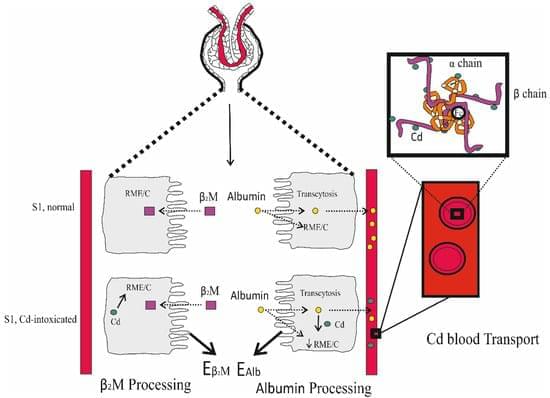
Cadmium (Cd) is a metal with no nutritional value or physiological role. However, it is found in the body of most people because it is a contaminant of nearly all food types and is readily absorbed. The body burden of Cd is determined principally by its intestinal absorption rate as there is no mechanism for its elimination. Most acquired Cd accumulates within the kidney tubular cells, where its levels increase through to the age of 50 years but decline thereafter due to its release into the urine as the injured tubular cells die. This is associated with progressive kidney disease, which is signified by a sustained decline in the estimated glomerular filtration rate (eGFR) and albuminuria. Generally, reductions in eGFR after Cd exposure are irreversible, and are likely to decline further towards kidney failure if exposure persists.
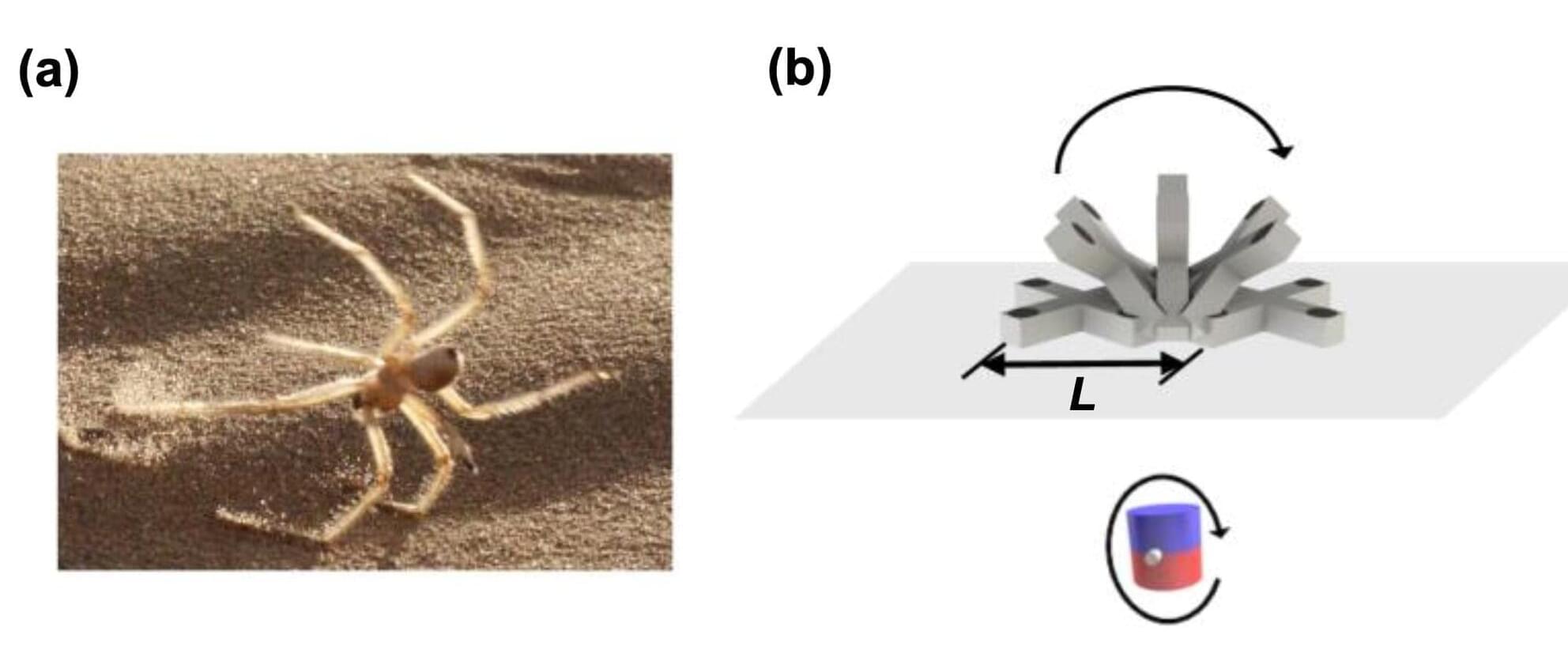
The gastrointestinal (GI) tract is a collection of organs and structures inside the bodies of humans and other animals that is responsible for the digestion of food, the absorption of nutrients and the expulsion of waste. Its underlying parts include the mouth, esophagus, stomach, intestines, rectum and anus.
Over the past decades, the incidence of cancer in the GI tract and some other conditions affecting the digestive system has risen substantially. Existing approaches to diagnose and treat GI cancers rely on endoscopy, a medical procedure that entails the inspection of internal organs via a flexible tube with an embedded camera (i.e., endoscope), which is inserted into the body through the anus, mouth or a small incision.
In addition to being highly uncomfortable for patients, endoscopy often fails to reach regions that are deep into the GI tract or are difficult to access due to the body’s natural configuration. Some biomedical engineers have thus been trying to devise alternative systems that could inspect parts of the digestive system more effectively, while causing patients minimal discomfort.
